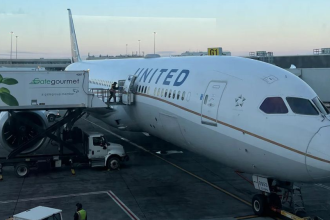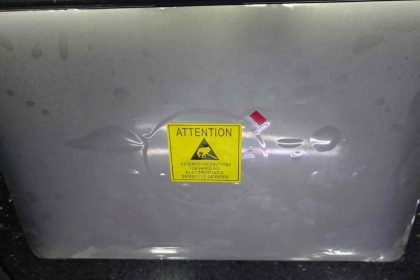A number of significant changes to import tariffs have received agreement from the Cabinet in an effort to allay the worries of those involved in the local trade and industry. The purpose of these modifications, which will affect the special products tax, cess tax, port and airport development tax, and customs duty, is to support sustainable practices and strengthen local businesses.
Notably, a number of imports that were formerly subject to Special Commodity Duty will no longer be so and will instead fall under the normal customs import duty schedule. Revisions to import tariffs on brown sugar, footwear, packaging, electrical machinery, raw materials for the plastic and rubber industries, and intermediate items over 225 customs codes are among the modifications.
Along with these improvements, levies on adult and baby diapers and their raw materials have been lowered. Additionally, attempts have been made to decrease the nation’s reliance on plastics by implementing tax amendments that support recycling.
Furthermore, import tax disparities on important businesses including domestic bicycle and accessory production, the printing and ink sectors, washing machine manufacture, and children’s ready-made clothing manufacturing would be eliminated.
The promotion of palm and palm product exports, the introduction of new national customs codes for electric toys and medicinal raw materials like tippili, and the simplification of the cess duty exemption system for raw materials used in local medicine production are all measures agreed by the Cabinet to encourage export growth.













